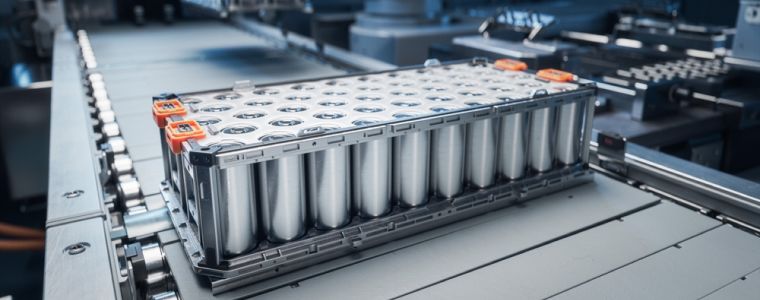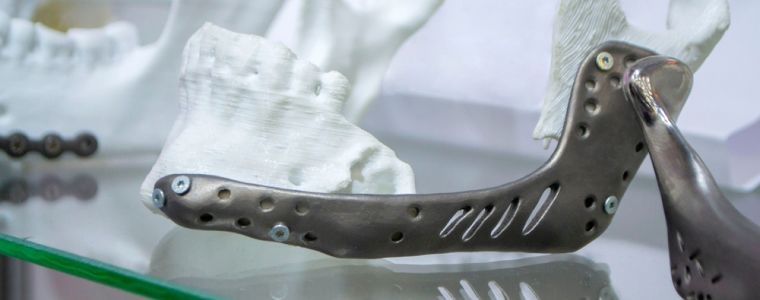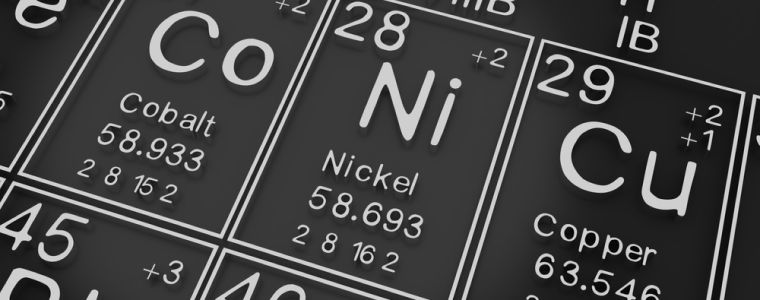What is Cobalt Used For?

Cobalt, a transition metal with remarkable properties, plays a vital role in numerous industries. From powering our devices to enhancing structural integrity, cobalt’s versatility makes it indispensable in modern technology and manufacturing. Discover ‘What is cobalt used for?’ including its diverse applications and importance across various sectors.
What is Cobalt?

Discovered by Georg Brandt in the 18th century, cobalt is vital in today’s technology, found naturally alongside copper and nickel. It’s crucial for lithium-ion batteries, aerospace, and healthcare.
Cobalt, with the chemical symbol Co and atomic number 27, is primarily sourced from ores like cobaltite and erythrite, as well as from byproducts of copper and nickel mining. The refinement process involves extraction methods such as smelting or hydrometallurgical processes, followed by purification to obtain high-purity cobalt for industrial use.
Cobalt exhibits ferromagnetic properties, ideal for high-performance applications in magnetic materials and electronics. It demonstrates excellent corrosion resistance, particularly in high-temperature environments. Exceptional hardness and strength make it highly sought after for wear-resistant applications, often alloyed with other metals to enhance material performance. Cobalt-based alloys offer superior strength, temperature resistance, and corrosion resistance, making them invaluable across applications.
Benefits of Cobalt Alloys

Cobalt alloys offer a wide range of advantages across various industries due to their unique properties and characteristics.
✓ High Strength: Cobalt alloys exhibit excellent strength, making them suitable for applications where durability and reliability are essential. They can withstand high temperatures and extreme conditions without compromising structural integrity.
✓ Corrosion Resistance: Ideal for use in harsh environments such as marine and chemical processing industries. Cobalt alloys can withstand exposure to moisture, acids, and other corrosive substances without deteriorating.
✓ Wear Resistance: Cobalt alloys have exceptional wear resistance, making them suitable for components subjected to friction, abrasion, and erosion. They maintain their surface integrity even under high-stress conditions, resulting in extended service life and reduced maintenance costs.
✓ Biocompatibility: Some cobalt alloys, such as cobalt-chromium alloys, are biocompatible and can be safely used in medical and dental implants. They can coexist with living tissue without causing adverse reactions, making them suitable for orthopaedic and dental applications.
✓ Thermal Stability: Cobalt alloys have excellent thermal stability, allowing them to maintain their properties at high temperatures. This makes them valuable for aerospace, automotive, and energy applications where thermal resistance is crucial.
✓ Machinability: Cobalt alloys are relatively easy to machine compared to other materials with similar properties. This makes them suitable for manufacturing complex components with precision and efficiency.
✓ Versatility: Cobalt alloys can be tailored to meet specific performance requirements by adjusting their composition and processing methods. This versatility allows for the creation of custom solutions for various applications.
Cobalt alloys offer numerous benefits including high strength, corrosion resistance, wear resistance, biocompatibility, thermal stability, machinability, and versatility. These properties make cobalt alloys indispensable in a wide range of industries.
Which Alloys Contain Cobalt?

At NeoNickel, we offer a range of cobalt alloys, including Alloy 188 and Alloy L605/25, designed to meet the demands of various industries.
Composed of 31% cobalt, 24% nickel, and chromium, 16% tungsten, along with small amounts of iron and manganese, Alloy 188 is a versatile cobalt alloy available in round bar, plate, sheet, or wire. Its full breakdown of composition and properties can be found on our product page.
Another cobalt alloy we offer is Alloy L605/25, consisting of 54% cobalt, 21% chromium, 16% tungsten, and 11% nickel, with small amounts of iron and manganese, and trace elements. Available in various forms such as round bar, plate, sheet, or wire, this alloy offers exceptional properties for demanding applications. Visit the product page for a detailed chemical composition and description of properties.
Whether you need high-strength, corrosion-resistant, or heat-resistant materials, NeoNickel provides quality cobalt alloys to meet your specifications.
What is Cobalt Used For?
Cobalt, a versatile transition metal, finds its way into a multitude of applications across various industries. From powering our devices to enhancing structural integrity, cobalt’s unique properties make it indispensable in modern technology and manufacturing.
1. Cobalt in Battery Technology
Cobalt is crucial in lithium-ion batteries, found in smartphones, EVs, and energy storage systems. Its role in enhancing conductivity and stability ensures consistent power output and longer lifespan.
2. Cobalt in Superalloys and High-Temperature Applications
Cobalt-based superalloys are essential in aerospace and high-temperature environments like jet engines and gas turbines. Renowned for their strength and resistance to thermal fatigue, these alloys ensure structural integrity and reliability under extreme conditions. Cobalt’s high melting point and thermal stability make it indispensable for components subjected to temperatures exceeding 1,000°C. As a result, cobalt remains at the forefront of materials innovation, driving progress in aerospace and beyond.
3. Cobalt in Medical and Dental Devices
Cobalt-chromium alloys offer biocompatibility and wear resistance. These alloys are used in applications like hip and knee replacements for stability and durability, and in dental crowns for long-lasting restorations. Cobalt-based materials improve patient health and function, ensuring quality care in orthopaedics and dentistry.
4. Cobalt in Permanent Magnets
Cobalt enhances the strength of high-performance magnets like samarium-cobalt, used in electric motors, wind turbines, and high-end audio equipment. These magnets ensure efficient energy conversion and precise control, driving innovation in various industries.
5. Cobalt in Pigments and Coatings
Cobalt has a rich history as a blue pigment in ceramics, glass, and paint, while also providing corrosion resistance in protective coatings for steel. Its vibrant hue enhances various applications, while its protective properties ensure durability in harsh environments.
6. Emerging Applications and Future Trends
Cobalt is key in emerging technologies like 3D printing and renewable energy solutions. Its strength and temperature resistance make it valuable for aerospace, automotive, and medical applications.
Cobalt is essential across industries, from technology to healthcare. Its versatility is evident in applications such as battery technology, aerospace, and medical devices. NeoNickel offers quality cobalt alloys like Alloy 188 and Alloy L605/25 to meet your diverse needs. Get in touch for more information.
